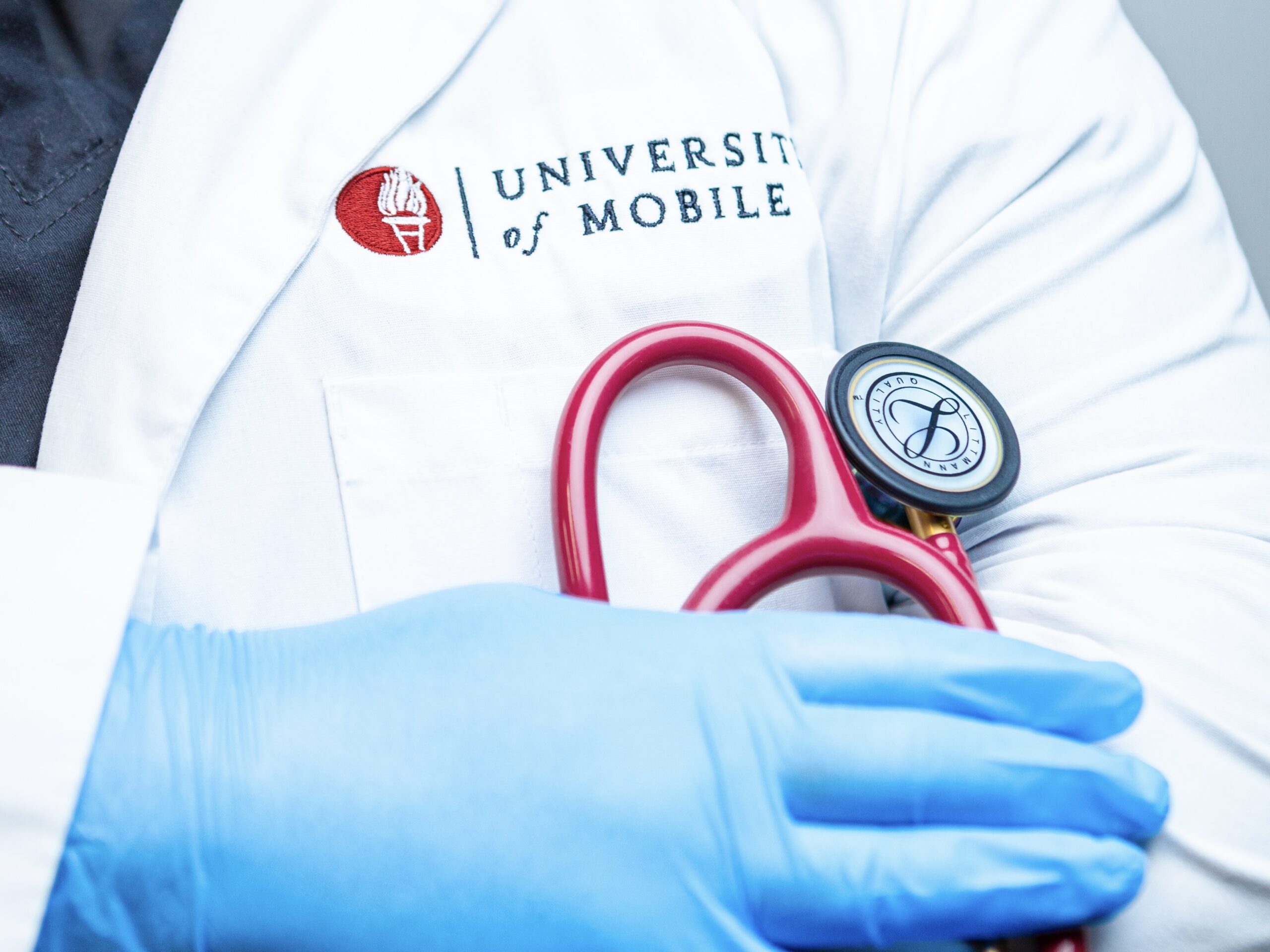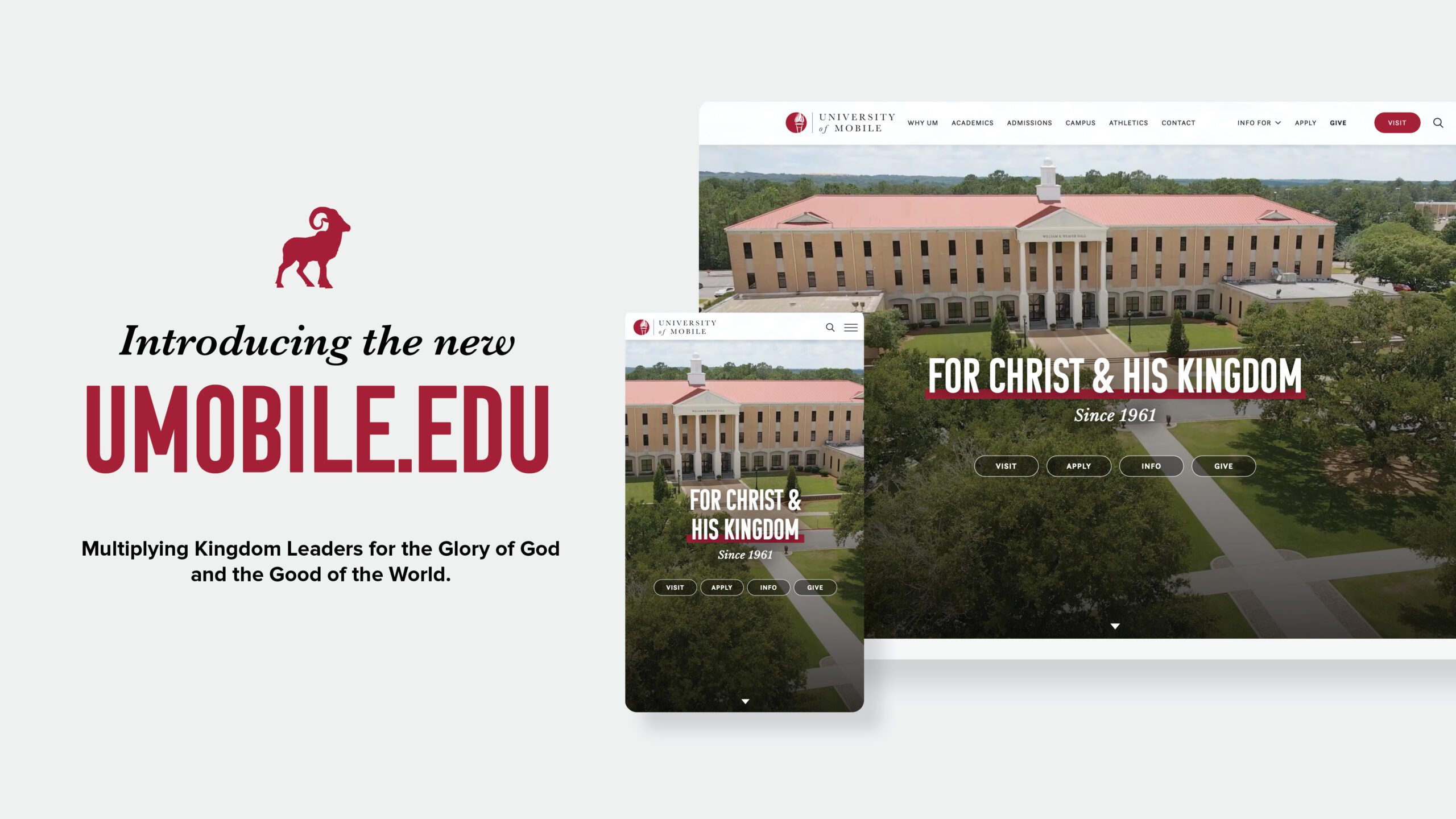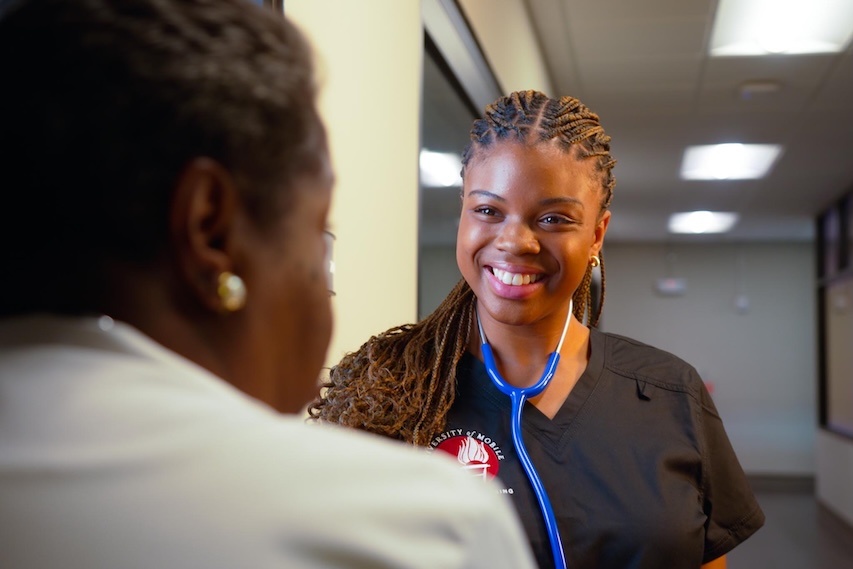A Professor’s Advice for College Students

I love teaching new college students and helping them navigate college as a new institution or problem to be solved. To that end, I have formulated a short list of evidence-based suggestions for new (or not so new) college students. Here are six tips that I share with students at the University of Mobile.
1. Don’t put too much pressure on yourself to get As, but do shoot for perfect attendance
College is a distinctive institution with rules, procedures, expectations and policies that may differ dramatically from your previous experiences. You may not get an “A” simply because you are smart or because you are doing what you did in high school, so don’t expect to.
Give yourself the grace and patience to learn the rules and expectations. Recognize that you may do twice as much work as the more advanced student sitting next to you because they have learned the process. Don’t stress too much about your grades, but do make sure that you attend class, and submit work on time. Research shows that attendance is a better predictor of college GPA than SATs, ACTS, or high school GPA, so don’t miss class unless you absolutely have to.
2. Ask for help and use the resources that are available to you
Universities have all manner of student resources from libraries and peer tutors to student organizations and faculty.
Use the resources and ask for help. Students who take advantage of digital library resources have higher GPAs and students who engage with faculty and peer tutors are more likely to graduate.
Don’t be afraid to put yourself out there and admit that you need help. Whether it’s getting through a one-page paper or dealing with the loss of a loved one, there are resources available to you and people who are willing to help.
3. Practice communicating professionally
In line with asking for help, is developing the cultural capital to communicate those requests professionally and positively. Start practicing professional communication now, so that you are well-versed in how to express yourself and garner support from your colleagues and supervisors when you leave college.
Practically speaking: include a salutation in emails and conversations, use formal language when appropriate, don’t make excuses, respect other people’s schedules and time, and express gratitude for assistance.
Savic’s research suggests that emails fulfilling these five criteria are more likely to receive helpful positive responses and that relationship can carry over into mentorships, future courses, or assistance in finding an internship or job.
4. Get involved and prioritize friendships
There is a litany of research on the importance of student engagement (buzz word, which is defined differently by different scholars and simply means how motivated you are to learn and talk about your classes outside of class) and graduation, so join some academic clubs, eat lunch with people in your classes, and try to engage your professors outside of the classroom
In doing those things, try to make real friendships that last and will stand up to problems you may face in college and later in life. Happiness and friendship are highly correlated and having friends that you can count on is correlated more with psychological and physical health than romantic relationships.
5. Put your electronic devices down
You’ve heard it in high school and at your family’s dinner table, so it shouldn’t come as a surprise that the research finds a strong negative correlation between electronic device use and exam grades. That negative effect holds even when students are using their technology for classroom use like note-taking.
There is no arguing that cell phones are an important part of how we socially interact in the 21st century, so I’m not suggesting that you give it up forever, but unless your instructor uses the electronic device as part of classroom instruction, its presence may be hurting your grade.
6. Volunteer, serve, and take care of others
There are a ton of organizations and individuals vying for your time, so I get that you are busier now than you were in high school, and you will be busier after graduation than you are now, but try to take the time to serve your community.
This can be as simple as listening to and praying with a friend or as intense as undertaking a summer-long mission trip and everything in between, but try to get out of your own head and your own needs and serve others when you can.
Volunteering is correlated with reduced stress, anxiety, anger, and depression, and it can also serve to help you make new friends, acquire new skills, or maintain a healthy lifestyle.
Dr. Cassidy Cooper is an associate professor of sociology at the University of Mobile. She often brings Benny, a 2-year-old poodle and certified therapy dog, to campus to interact with students. Along with Introduction to Sociology, she teaches Social Research Methods, Social Theory, Modern Social Problems, Understanding the Community, Sociology and Cinema, Sociology of Deviance, and Marriage and the Family. In her spare time, she plays with her 6-year-old, volunteers at a local food pantry, and enjoys traveling, reading and beekeeping.



